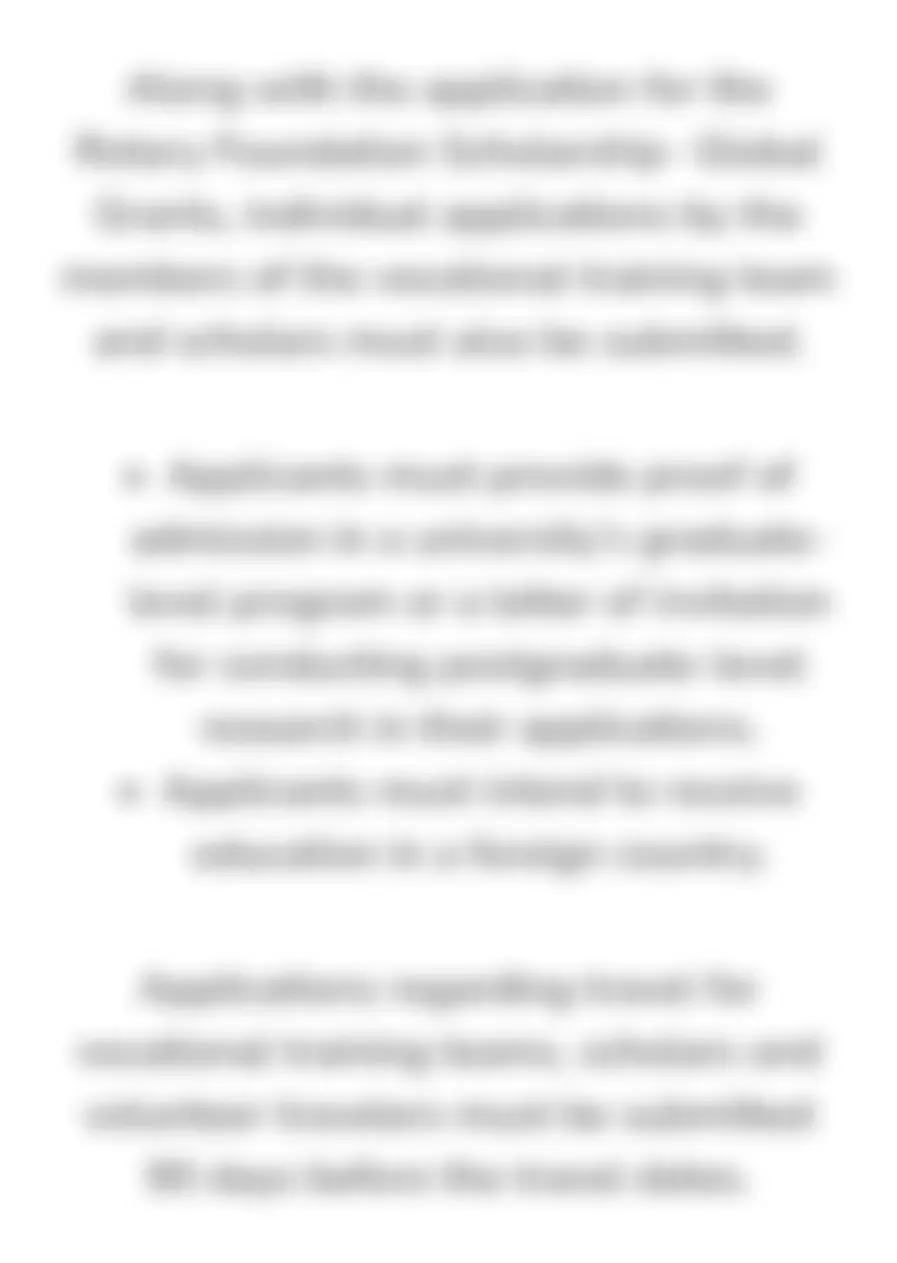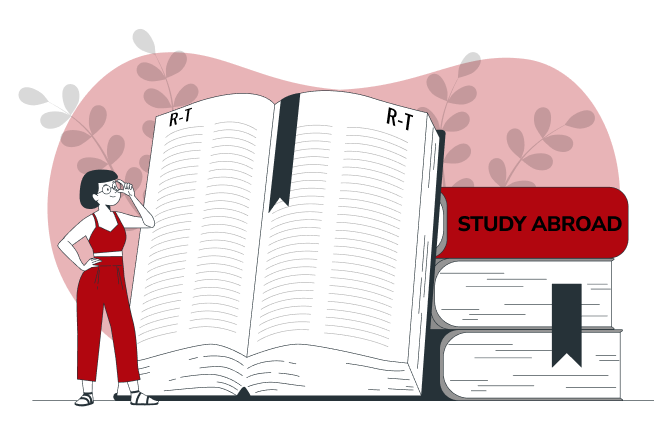QS Rank:

185

University of Minnesota, Twin Cities

Minnesota
,United States

Program Name
PhD in Entomology
Overview
The PhD in Entomology at the esteemed University of Minnesota, Twin Cities stands as a beacon of advanced learning and research in the field of entomology. This rigorous program is designed for individuals passionate about understanding insects and their interactions with the environment, agriculture, and ecosystems. With a curriculum that integrates theoretical knowledge with practical application, students delve into various aspects of entomology, including insect physiology, ecology, behavior, systematics, and pest management strategies. The program emphasizes critical thinking and innovative research that contributes to the broader scientific community and addresses real-world challenges such as pest control and biodiversity conservation.
The coursework for the PhD in Entomology encompasses a variety of specialized subjects, preparing students to become leaders in the field. Core courses cover essential topics such as insect morphology, population dynamics, and integrated pest management, while electives allow for exploration in areas like molecular entomology, insect-plant interactions, and environmental toxicology. Students are encouraged to undertake research projects that align with their interests and career goals, often leading to publications in prestigious journals. The program includes substantial fieldwork, lab experiments, and opportunities for interdisciplinary collaboration, ensuring a well-rounded educational experience.
Faculty members in the PhD in Entomology program are distinguished experts in their fields, known for their groundbreaking research and dedication to student success. They employ a diverse teaching methodology that combines traditional lectures with hands-on laboratory work and field studies. This approach not only enhances the learning experience but also fosters a collaborative environment where students can engage directly with faculty on research projects. Mentorship is a cornerstone of the program, as faculty guide students through their academic journey, helping them develop as independent researchers and professionals in the field of entomology.
In terms of research opportunities, the University of Minnesota, Twin Cities boasts state-of-the-art facilities and resources that support innovative studies in entomology. Students have access to the latest technologies in molecular biology, ecological modeling, and insect rearing, which are vital for conducting high-impact research. The university’s commitment to sustainability and environmental stewardship also opens avenues for research in eco-friendly pest management and conservation biology. Students can collaborate on projects with industry partners, government agencies, and non-profit organizations, gaining practical experience and insight into real-world applications of their research.
The PhD in Entomology program also prides itself on its strong industry connections and internship opportunities. The vibrant Minnesota agricultural sector, along with various environmental organizations, provides students with avenues to gain practical experience and build professional networks. Internships during the program are designed to enhance employability, as students apply their academic knowledge in professional settings. Graduates emerge from the program well-prepared for a variety of career pathways, including roles as entomologists, research scientists, agricultural extension agents, and environmental consultants, among others. With a median base salary of approximately $65,000, the potential for a rewarding career in entomology is significant.
Alumni of the PhD in Entomology program at the University of Minnesota, Twin Cities have achieved remarkable success in various sectors. Many have taken on influential positions in academia, government, and industry, leading research projects and contributing to policy-making processes that affect agricultural practices and environmental preservation. Their testimonials highlight the program's rigorous training, supportive faculty, and the extensive network of professionals they were able to connect with during their studies. The alumni community remains engaged with current students, providing a rich resource for career guidance and mentorship.
Unique features of the PhD in Entomology program include access to specialized research centers and initiatives dedicated to insect science. These facilities enable students to engage in cutting-edge research that addresses pressing global issues such as food security, pest resistance, and the ecological impacts of climate change. Additionally, the university hosts guest lectures and workshops featuring leading experts in entomology, providing students with insights into emerging trends and technologies in the field. This holistic approach to education ensures that students not only acquire knowledge but also develop the skills necessary to become innovative leaders in entomology.
Why Study PhD in Entomology at University of Minnesota, Twin Cities
The PhD in Entomology program at the University of Minnesota, Twin Cities offers a comprehensive and immersive educational experience that prepares students to tackle the challenges of a rapidly evolving field. Below are some compelling reasons to consider this program:
- World-Class Faculty: Learn from leading experts in entomology who actively engage in impactful research and mentorship.
- Cutting-Edge Research Opportunities: Access to advanced facilities and resources for innovative research projects in various areas of entomology.
- Interdisciplinary Collaboration: Opportunities to work with professionals from different fields, enhancing the scope and impact of research.
- Robust Alumni Network: Connect with a successful alumni community for mentorship, networking, and career advancement.
- Practical Experience: Gain hands-on experience through internships and collaborations with industry leaders and conservation organizations.
- Focus on Innovation: Engage in research that addresses critical global challenges such as food security and environmental sustainability.
Admission to the PhD in Entomology program is competitive, requiring a strong academic background, relevant research experience, and proficiency in English, as demonstrated by standardized tests such as the TOEFL, IELTS, or PTE. Specific application materials include official transcripts, a resume, and letters of recommendation. Prospective students are encouraged to prepare thoroughly and showcase their passion for entomology and research in their applications. Overall, the PhD in Entomology at the University of Minnesota, Twin Cities represents an unparalleled opportunity to advance in this vital field while contributing to meaningful scientific advancements.

Duration
60 Months

Median Salary
$65,000
Ranking

#62
US World and News Report

#185
QS World University Rankings
Class Profile


Want to Know More? 🤔
Sign up now to access detailed information tailored for your study abroad journey.
Start your journeyCareer Outcomes

Median Earnings After Graduation
$65,000 / year
Prospective Job Roles
Entomologist
Research Scientist
Agricultural Extension Agent
Zoologist
Environmental Scientist
Park Ranger
Pest Control Specialist
Wildlife Biologist
Insect Biologist
Forestry Technician
Top recruiters






Eligibility Criteria
English Proficiency Tests
PTE
59

TOEFL
80

IELTS
6.5

Application Requirements
Here's everything you need to know to ensure a complete and competitive application—covering the key documents and criteria for a successful submission.

Transcript

Academic LOR

Resume
Application Deadlines
Fees and Funding

Tuition Fees
$29,356 / year
Funding Options
External Sources - Scholarships
Department Funding
Scholarships

National Science Foundation

American Entomological Society

Entomological Society of America
FAQs
One can apply for scholarships to pursue their international education at University of Minnesota, Twin Cities by: 1. Looking for country-specific scholarships by contacting the specific scholarship institutions. 2. Applying to or finding out if any subject-specific scholarships are available from the university website/ department.
A student can complete Entomology at University of Minnesota, Twin Cities with in 60.
The application fee to pursue Entomology at University of Minnesota, Twin Cities is USD 95 for international students.
The annual tuition fee to pursue Entomology at University of Minnesota, Twin Cities is USD 29356.
The submission of these scores mainly depends on the type of degree/ course selected at the University of Minnesota, Twin Cities. For example, the GMAT test is required to take admission to an abroad graduate management program, the LSAT is required during an abroad Law School admission process, and more. Therefore, check University of Minnesota, Twin Cities requirements before submitting a score.
Entomology can help Indian/ international students gain: 1. Quality and Practical Education 2. Global Recognition 3. International Exposure 4. Amazing Job Opportunities 5. Experience of Lifetime and more
If a student fulfils all the eligibility criteria and admission requirements of University of Minnesota, Twin Cities, they can easily pursue Entomology. The basic eligibility criteria include the following: 1. A GPA above 3 2. Well-written Statement of Purpose 3. An impressive Letter of Recommendation 4. A Work Experience Certificate (if required) 5. A Statement of Financial Proof 6. Academic Transcripts 7. Valid Visa, etc.
An MS degree at University of Minnesota, Twin Cities can usually be completed in 2 years. However, many universities offer a 1-year master’s specialisation as well. You can explore the official University of Minnesota, Twin Cities website to check the course/ degree duration.









Ready to elevate your study abroad journey?
Book a call with us now and take the first step towards your global future!
We Value Your Privacy
We use cookies to improve your experience, analyse performance, and personalise content. Learn more in our Privacy Policy.















